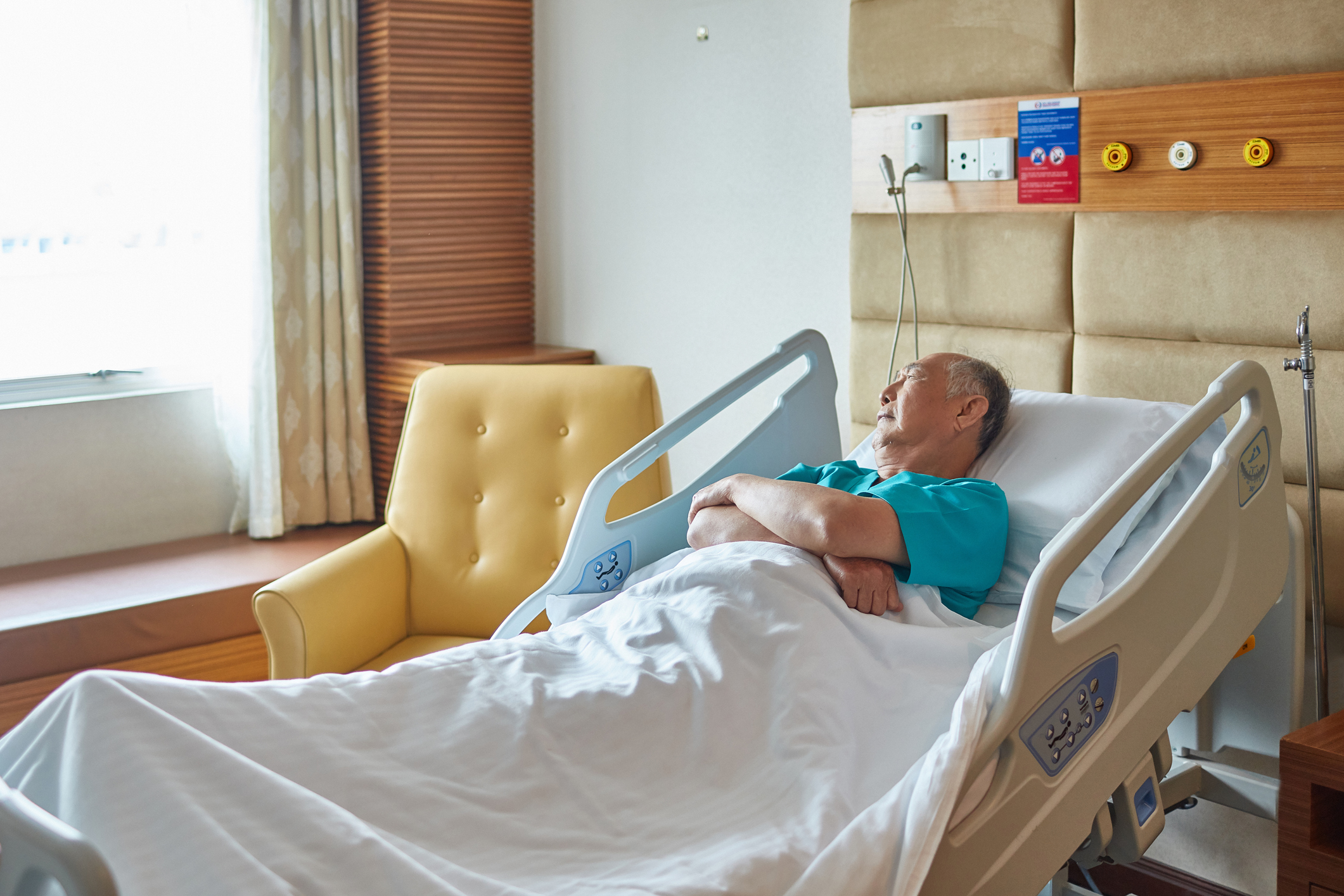
Hospital-induced delirium in older adults is not uncommon.
A hospital stay is not something an older adult looks forward to, but at least there is the reassuring fact that the necessary treatment and care are going to be delivered to provide healing. But what happens when the outcome isn’t as expected, and the older adult ends up with a new health concern? More and more often, a startling condition is emerging in hospitalized seniors: hospital-induced delirium.
Coined “ICU psychosis” by geriatrician Sharon Inouye of Harvard Medical School, hospital delirium is both “underrecognized and underdiagnosed.” And perhaps even more concerning, in approximately 40% of the cases, the condition is preventable in older adults. It is believed to be a result of the bright, active atmosphere which causes sleeping difficulties, or by a particular kind of medication a senior has been given, such as an anti-anxiety or a narcotic prescription.
Studies are showing that the longer an older adult remains in the hospital, the higher chance she or he will develop hospital delirium. And the impact may be both severe and long-lasting. An astonishing 8 out of 10 adult ICU patients displayed markedly lower cognitive test outcomes than usual (according to age and education predictions), in spite of the fact that only 6 percent had any cognitive impairment before the hospitalization. Not only that, but as many as 2/3 of the patients showed a level of impairment that would be expected in a person with mild Alzheimer’s disease or even a TBI.
It’s not conceivable just to avoid hospitalizations for older adults, so what is the ideal way to manage this concern? A particular solution is a program called HELP, Inouye’s Hospital Elder Life Program. It is currently offered in 200 hospitals across the United States and is making strides in preventing hospital-induced delirium through visits from trained volunteers who offer assistance to help older adults stay oriented.
Inouye is also utilizing the CAM scale (Confusion Assessment Method) to help assess understanding of potential delirium, and is striving to promote alternative techniques to address anxiety – like the comfort of a companion instead of strong anti-anxiety medications.
Compassionate Nursing Services, a top provider of award-winning home care in Oakville, MO and nearby areas, is also available to assist in a variety of ways when an older adult is discharged from the hospital. Our knowledgeable home care team can:
- Offer pleasant companionship
- Provide medication reminders
- Prevent falls in the home
- Pick up groceries and prepare healthy meals
- And much more
Our home care services can help older adults avoid the re-hospitalizations that may result in hospital delirium. When a hospital visit is needed, however, we can help older adults transition back safely and comfortably to home and keep a close eye on their condition.
Reach out to us online or at 314-432-4312 for a free in-home assessment to discover more about our in-home care in Oakville and the surrounding areas, and we can improve health outcomes for a family member you love.
